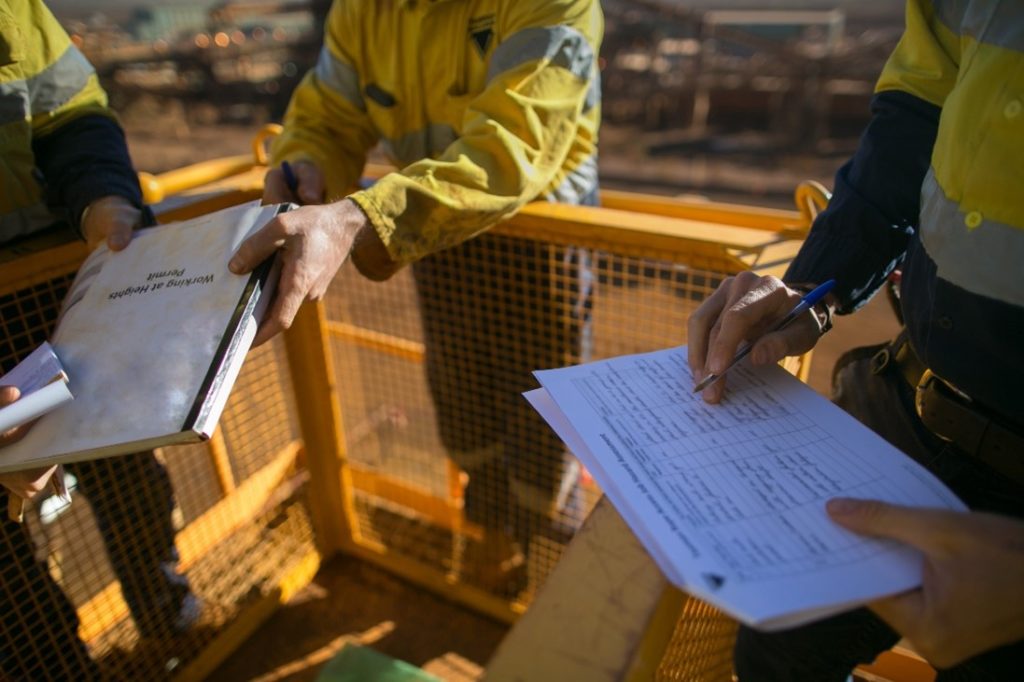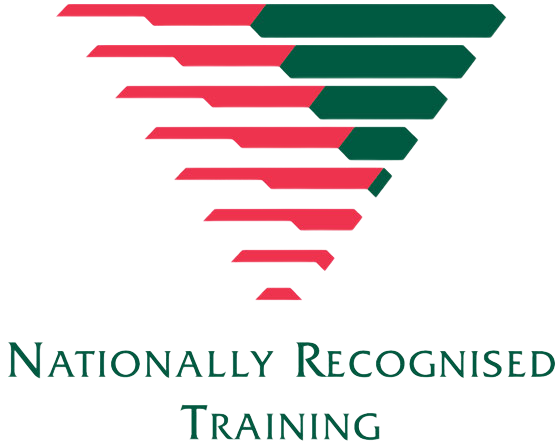These 5 simple steps can guide you toward a career as a valued WHS Officer, playing a crucial role in ensuring workplace safety and compliance across all industries.
————————————————————————————————————————————————-
Transitioning into the world of Work Health & Safety (WHS) is an exciting opportunity. By arming yourself with the necessary skills and competencies early on, you lay a strong foundation for a well-informed and fulfilling career. As an action-packed role, WHS is integral to the healthy functioning of a workplace and its staff.
This article explores the necessary skills and competencies required by WHS Officers to perform their role correctly and efficiently, providing you with the knowledge and confidence to embrace your new career head-on.

WHS: UNDERSTANDING THE BASICS:
Work Health & Safety is a fundamental requirement for all working environments. WHS Officers ensure the safe and compliant operation of organisations across both internal and external departments.
They implement Occupational Health & Safety (OHS) strategies to identify hazards, assess risks, and use advanced tools and techniques to prevent accidents and injuries. Their focus is on creating a secure environment that adheres to industry regulations.
By conducting thorough risk assessments and employing innovative technology, they proactively mitigate risks. WHS Officers play a vital role in preserving the well-being of staff and the organisation.

THE TASKS YOU’LL PERFORM:
WHS officers perform a variety of tasks, although they are mainly involved in the following:
1. Promoting a healthy and safe workplace:
They’re all about fostering a work environment that prioritises the well-being of every individual and encourages safe practices to keep it thriving.
2. Staying ahead with cutting-edge compliance:
They make sure their organisation stays up-to-date with the latest health and safety regulations, going above and beyond to ensure compliance across the board.
3. Spotting hazards:
They specialise in identifying, documenting, and reporting hazards, accidents, injuries, and health issues. They keep a sharp eye out for anything that might pose a risk to their team’s well-being.
4. Investigating accidents and offering remedial advice:
When accidents occur, they dive in to uncover the causes, learn from them, and provide expert guidance to prevent future mishaps. They’re all about continuous improvement.
5. Fun-filled safety training sessions:
Forget boring lectures! Their interactive and engaging health and safety training sessions ensure that everyone is equipped with the knowledge and skills they need to stay safe at work.
6. Supporting injured workers’ return to work:
They lend a helping hand to workers during their recovery process after accidents, guiding them towards a successful return to work and ensuring their well-being throughout the journey.
7. Emergency ready:
Coordinating emergency procedures and working with first aid crews, they’re prepared to handle any unexpected situations that may arise. Safety is their top priority!
8. Crafting safety plans for a secure future:
They develop comprehensive OHS plans tailored to unique workplaces, keeping an eye on their implementation, and ensuring that safety remains at the forefront of everything they do.
9. Thorough inspections for safety assurance:
They conduct meticulous workplace inspections, making sure that everything from tools to equipment meets regulatory standards. Safety is never compromised on their watch.

YOU’LL THIRVE WITH THESE SKILLS:
A variety of skills are required by WHS officers. If you’re looking to move into the industry, consider updating your resume with some of these:

Source: Seek
UNDERSTANDING THE NEW REGULATIONS:
New regulations have been introduced to guide duty holders on how to effectively identify and manage hazards and risks, ensuring the health and safety of workers remains a top priority.
These regulations address the following:
1. Nurturing a Mentally Healthy Work Environment: Organisations need to recognise the importance of fostering a mentally healthy workplace. They must create a supportive atmosphere where employees can thrive both physically and emotionally.
2. Focus on Managing Psychosocial Risks: Proactively manage psychosocial risks in the workplace. Organisations must take steps to identify and address factors that impact employees’ psychological well-being, ensuring a harmonious and productive work environment.
For more details view the Federal Register of Legislation.
5 STEPS TO MOVE INTO WHS:
Here are five steps you should take to move into the WHS industry.
1. Get qualified:
The first step is to complete a Certificate IV, Diploma, or another Tertiary qualification in WHS. This foundational education provides you with essential knowledge and skills to excel in the field.
2. Expand your skills:
Enhance your qualifications by pursuing other relevant certifications, such as leadership and management courses, a first aid certificate, and a CPR certification. These additional qualifications will complement your WHS expertise and make you a well-rounded professional.
3. Get industry-specific licences:
Depending on the industry you wish to work in, you may need to obtain industry-specific licences. For example, if you’re pursuing a WHS role in construction, acquiring a construction industry induction card (commonly known as a white card) is essential.
4. Practical experience:
Building practical experience in an OHS/WHS role is crucial for your career progression. Look for opportunities to work in organisations or departments that focus on workplace health and safety. This hands-on experience will provide valuable insights and strengthen your understanding of real-world WHS practices.
5. Get certified:
Consider applying for certification with the Australian Institute of Health and Safety (AIHS). Certification demonstrates your commitment to professional standards and ongoing development in the field. It requires annual renewal and completion of continuous professional development activities to keep your knowledge and skills up to date.

WHS SEEK OVERVIEW:

Source: Seek
KEY TAKEAWAYS:
-
- WHS Officers ensure the safe and compliant operation of organisations by implementing OHS strategies and using advanced tools to prevent accidents and injuries.
-
- They promote a healthy and safe workplace, stay compliant with regulations, identify hazards, investigate accidents, conduct safety training, support injured workers, coordinate emergency procedures, craft safety plans, and conduct thorough inspections.
-
- Skills needed for WHS roles include qualifications in WHS, additional certifications, industry-specific licenses, practical experience, and certification from organisations like the AIHS.
-
- New regulations emphasise nurturing mentally healthy workplaces and managing psychosocial risks to prioritise employee well-being.
How to Move into WHS:
-
- Get qualified with our Certificate IV in Work Health and Safety BSB41419, or our Diploma of Work Health and Safety BSB51319
- Expand your skills
- Obtain industry-specific licences
- Gain practical experience
- Get certified by the AIHS




